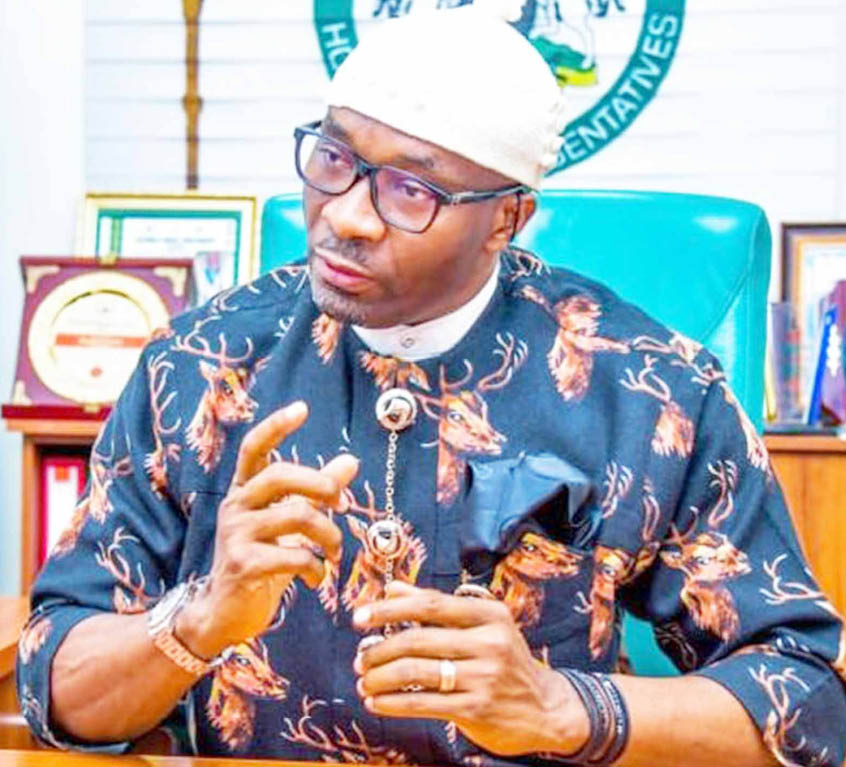The Deputy Speaker of the House of Representatives, Benjamin Kalu, has said Nigeria and other African countries’ parliaments must strive for a fairer and less exploitative international order and harness their legislative prowess to ensure the prosperity, sovereignty, and economic resilience in the face of intensifying global economic and political volatility.
He stated this while delivering a paper on Parliamentary Spotlight at the 2024 Africa Economic Summit, themed: “Africa: Riding the Crest of Global Economic and Political Volatility” in Abuja.
Kalu, who was represented by the house spokesperson, Akin Rotimi Jr, said they must pass legislations focused on real development to reduce foreign exchange pressure demands for imports into their countries and its attendant negative impacts on their economies.
The speaker, in a statement yesterday by his Special Assistant on Press Affairs, Udora Orizu, said for Africa to overcome global economic challenges, the continent needed to reduce dependency on the global north, utilise foreign exchange judiciously, and implement robust industrial policies.
Hajj: Strike won’t affect airlift — NAHCON
Gombe approves N20bn for 18.5km road projects
He said, “Countries reliant on imports from the global North face significant pressure to acquire large amounts of foreign currency to finance these imports.
“This often necessitates focusing on producing exports for Western markets or accruing external debt. However, the disparity in value between African exports and Western goods results in substantial net transfers of goods from Africa to the West (Europe & North America).
“This dynamic urgently needs to be addressed. This pattern of dependency on material and technical resources is further exacerbated by the ‘transfer problem’, where African countries must continually earn foreign currency to facilitate these transactions.
“Our parliaments can curb this by Diversification of Exports and Trading Partners: Enact policies to invest in domestic industries, promoting the export of higher-value manufactured goods, legislate for trade agreements with emerging economies in Latin America, and South-East Asia for fairer trade terms, negotiate favorable loan terms with international lenders and financial institutions through legislative advocacy.
“We can use platforms like the Inter-Parliamentary Union (IPU) to do this. The House of Representatives in Nigeria is an active participant in all IPU deliberations and engagements.
“Make strategic use of Foreign Exchange for National Development Strategic utilisation of foreign exchange for national development is crucial. To support this strategy, African parliaments can enact policies that prioritise the use of foreign exchange for essential imports and critical capital goods.”
The deputy speaker made a reference to Morocco’s industrial policy, saying that the country has shifted to focus on integrating into global value chains (GVCs) and gaining a competitive advantage in the automotive sector.
He described the policy as a good industrial policy, adding that the Nigerian parliament will look into specific lawmaking approaches that can be adopted by the respective parliaments of African countries, including the African Union’s Pan-African Parliament.

 Join Daily Trust WhatsApp Community For Quick Access To News and Happenings Around You.
Join Daily Trust WhatsApp Community For Quick Access To News and Happenings Around You.


